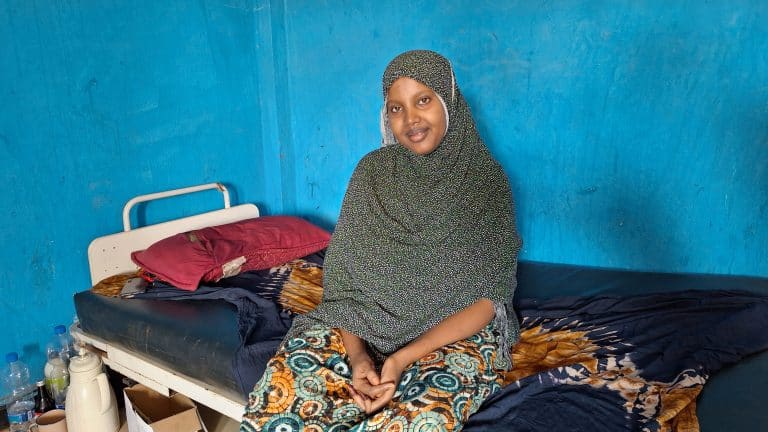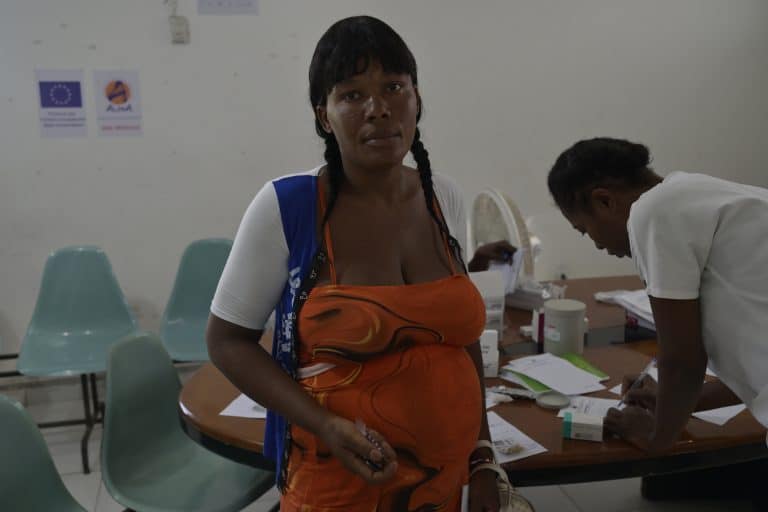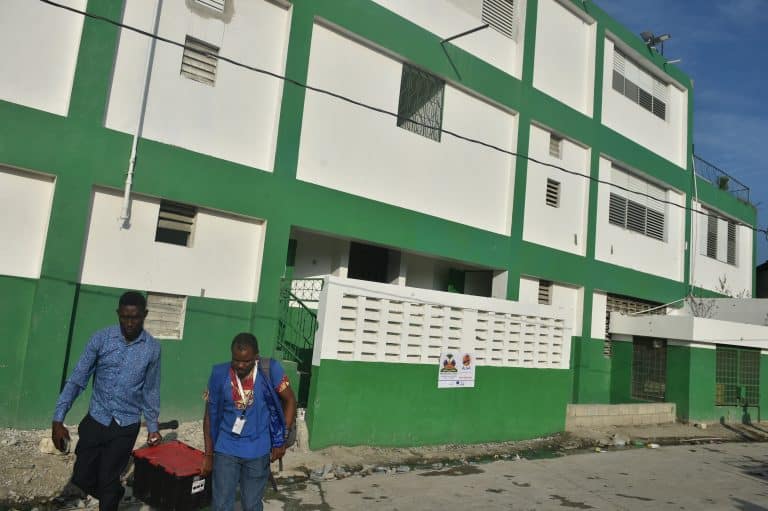Yet, most of these deaths are preventable with access to appropriate care. ALIMA is committed to ensuring medical follow-up for pregnant women and their children, even in the most challenging situations.
Humanitarian context and challenge
Maternal mortality: a preventable crisis
Each year, thousands of women lose their lives during childbirth, often due to a lack of access to basic medical care. The main causes are:
- Postpartum hemorrhage not treated in time.
- Infections and complications during pregnancy or childbirth.
- Limited access to caesarean sections and emergency obstetric care.
💡 Why does this matter?
- Sub-Saharan Africa remains the hardest-hit region, with an alarming maternal mortality rate.
- Healthcare access is limited in rural areas and in crisis contexts.
- Early treatment significantly lowers the risks for both mothers and babies.
📌 Over 6.2 million children under five have received medical care through ALIMA.
📌 Over 350,000 assisted deliveries, including life-saving caesarean sections.
➡️ ALIMA works to provide women with quality care throughout their pregnancy and after childbirth.
ALIMA’s action
💡How does ALIMA improve women’s health?
ALIMA deploys an integrated approach combining medical care, prevention, and training to reduce maternal and child mortality.
🔹Medical follow-up and assisted deliveries
- Pre- and postnatal consultations: essential medical follow-up to detect complications.
- Births attended by midwives and doctors, including caesarean sections when needed.
- Neonatal care to prevent early newborn deaths.
🔹Healthcare for children under five
- Pediatric consultations to prevent and treat childhood illnesses.
- Nutritional care to fight child malnutrition.
- Routine vaccinations to protect against preventable diseases.
🔹Support for local health structures
ALIMA strengthens health centers and hospitals by training medical staff and providing medical equipment.
🔹Family planning and home care
- Access to contraceptives and support for women in their reproductive choices.
- Home visits by midwives to monitor the health of mothers and babies after delivery.
🔹Training of health professionals
- Training of doctors, nurses and midwives in maternal and obstetrical care.
Community awareness and training of traditional birth attendants to promote early risk detection.
Frequently Asked Questions (FAQs)
- Lack of access to emergency obstetric care.
- Insufficient medical follow-up during pregnancy.
- Complications not treated in time.
ALIMA implements prenatal consultations, assisted deliveries, and medical training to improve the quality of care.
It allows women to choose the timing of their pregnancies and limit the risks associated with close pregnancies.
On the ground
Related news

Ethiopia: Turning the miracle of healthcare access into reality
In a sandy area of southern Ethiopia, affected by malnutrition, climate shocks, water scarcity, and lack of healthcare, new life continues to emerge in the

Chancerelles: A Historic Maternity Hospital Reborn Amid the Crisis
In Cité Soleil, a municipality of the Port-au-Prince metropolitan area weakened by years of armed violence and the absence of public services, the Isaïe maternity

Port-au-Prince: In Cité Soleil, the CHAPI Hospital Comes Back to Life After Years of Neglect
In Cité Soleil, one of Haiti’s most vulnerable urban contexts, the CHAPI Hospital, located in the Boston area, is coming back to life after being


